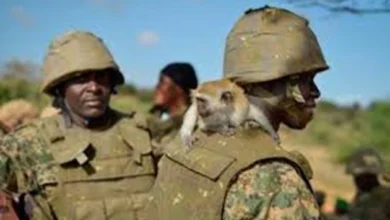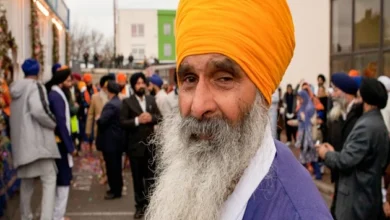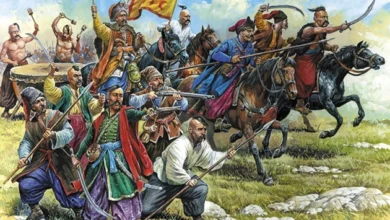How women in different countries became prime ministers
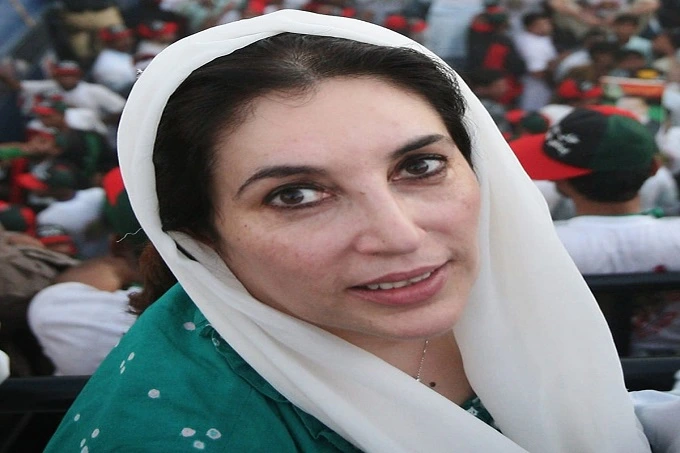
Even though Margaret Thatcher is the person most people think of when they hear the word “women prime minister,” she was not the first woman to be able to successfully run the country. This article features women politicians who, despite the challenges they faced, were successful in achieving their political goals.
Golda Meir, Israel
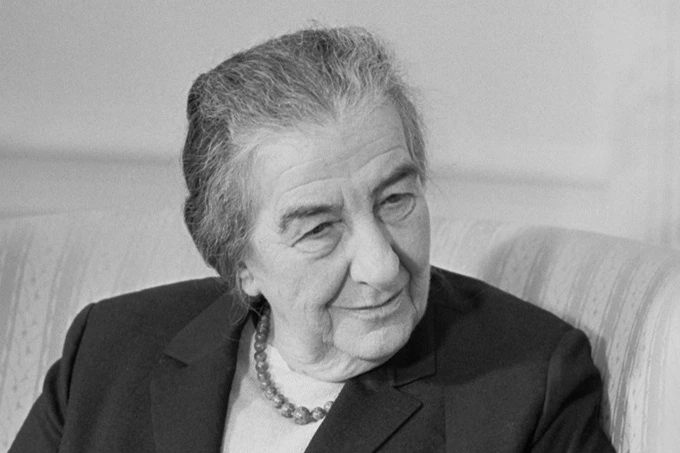
She was born in Kyiv, spent her childhood, and studied in the United States. Here she married a staunch socialist, Morris Meyerson. In 1921 the couple moved to Palestine.
Meir began working in the World Zionist Organization. First, she showed herself in the political arena in 1946, when the British authorities arrested activists of the Zionist movement, and Meir acted as a negotiator. On May 14, 1948, Golda Meir was among the 37 people who signed Israel’s Declaration of Independence. In the same year, she was appointed ambassador to Moscow, but seven months later, she returned to Israel, where she became the Minister of Labor.
In 1969, at the age of 70, Meir became prime minister. Her reign was overshadowed by the terrorist attack at the 1972 Olympic Games in Munich when members of the Black September terrorist group captured and killed members of the Israeli national team. And in 1973, when Egypt and Syria attacked Israel, and the Yom Kippur War began, the unpreparedness of the Israeli army and a series of military leadership mistakes led to the fact that Meir was forced to retire. Nevertheless, she remained a significant figure in Israel until her death from leukemia in 1978.
Benazir Bhutto, Pakistan

Countless arrests, deaths of loved ones, confrontation with Islamic fundamentalists, and popular recognition – Benazir Bhutto lived her life defending the ideals of democracy. In 1977, she returned to Pakistan after studying at Harvard and Oxford, and a few days later, there was a military coup in the country staged by General Muhammad Zia-ul-Haq. Father Benazir – at that time the head of government and leader of the Pakistan People’s Party – was sent to prison, and a year later, he was executed.
After his death, Benazir became the head of the party. In the following years, she was arrested more than once, and in 1984 she fled to London, where she became one of the leaders of the PPP in exile. In 1986, martial law was lifted in Pakistan, which allowed Benazir to return to their homeland and demand the resignation of Zia ul-Haq. In 1988, the dictator died in a plane crash, and in the same year, Bhutto was elected prime minister.
Two years later, the president fired Bhutto, but her career did not end there. She initiated an anti-corruption campaign and remained a prominent figure in the opposition. In 1993, she was re-elected prime minister, but Bhutto was charged with corruption three years later, and her husband was imprisoned. Together with the children, she was forced to flee again to London.
In 2007, Bhutto returned to Pakistan to take part in the elections. On December 27, after meeting with voters, a suicide bomber shot at Bhutto and blew himself up. The politician died from hitting her head on the sunroof of the car; as a result of the attack, 28 people were killed, and more than 100 were injured. After Bhutto’s funeral, a wave of protests swept Pakistan.
Sirimavo Bandaranaike, Sri Lanka
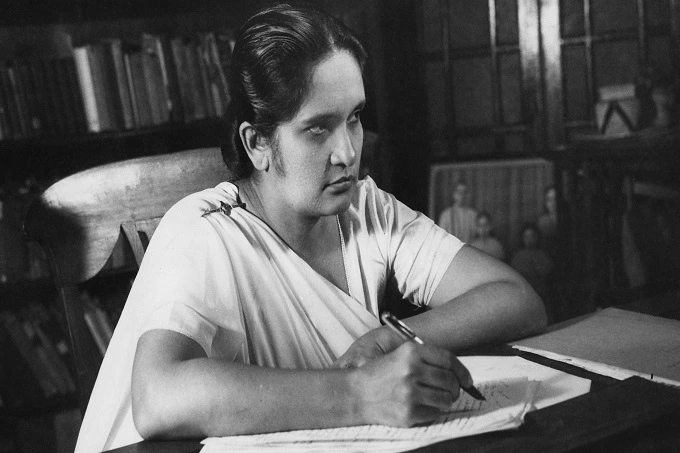
On September 25, 1959, the Prime Minister of Sri Lanka, Solomon Bandaranaike, was assassinated. A man dressed as a Buddhist monk could break into his residence and shoot the politician four times. The offender was detained, and Bandaranaike was taken to the hospital and died within 24 hours. The post of Bandaranaike passed to his wife. From an aristocratic family but a socialist sympathizer, Sirimavo Bandaranaike became prime minister in 1960.
She continued the policy her husband began – decolonization and the formation of a strong state. The nationalization of banks, insurance, and oil companies began, and Sinhalese became the official language instead of English. But not everyone liked the change. The Tamil minority viewed the change of the official language as oppression. In 1962, Bandaranaike crushed an attempted military coup, and the nationalization of American and British companies led to an embargo. Against the background of the economic crisis and citizens’ discontent, the prime minister received a vote of no confidence in 1964 and lost power the following year – the coalition she led lost the elections. However, Bandaranaike’s political career did not end there.
Sirimavo Bandaranaike went into opposition and, in subsequent years, became prime minister twice more. She has been involved in politics for almost 40 years, and her legacy includes strengthening the statehood of Sri Lanka and building relationships on the international stage.
Gro Harlem Brundtland, Norway
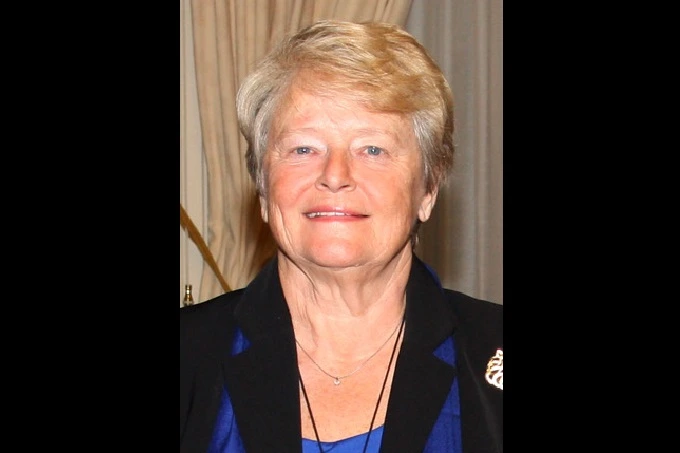
On July 22, 2011, far-right nationalist Anders Breivik blew up a booby-trapped van in Oslo’s Government Quarter before traveling to the island of Utøya, where he killed 69 members of the Workers Youth League (AUF) convention. However, as Breivik later admitted, his main target was the former Prime Minister of Norway, Gro Harlem Brundtland, who delivered a speech on the island a few hours before the attack.
Gro Harlem Brundtland followed in her father’s footsteps, doctor and politician Gudmund Harlem. She received her doctorate in medicine from the University of Oslo in 1963 and her master’s degree in public health from Harvard two years later. In Norway, Gro worked as a doctor for the Health Authority for three years.
In 1969, Gro joined the social democratic Norwegian Labor Party. In 1974, she became Minister of the Environment, and in 1981, Prime Minister of Norway. She held this position for 10 years. She was called “the mother of the nation” in the press.
After stepping down as prime minister, Gro returned to medicine. In 1998, she was elected as Director of the World Health Organization for a five-year term. In this position, she had to respond to the outbreak of SARS in 2003 – later, Scientific American magazine named her political leader of the year for preventing the spread of infection.
Indira Gandhi, India
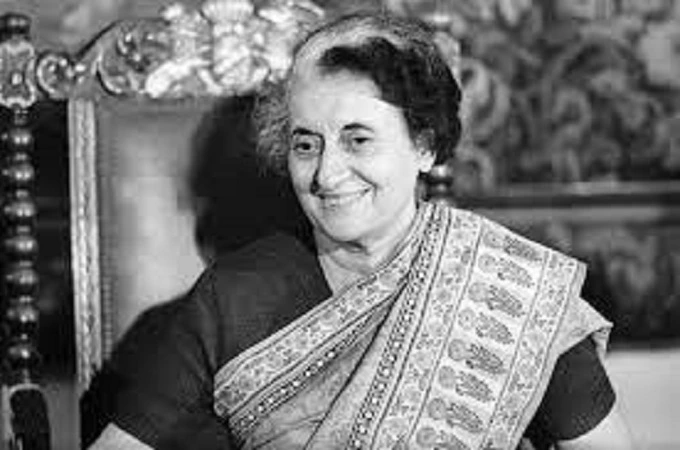
Jawaharlal Nehru, the father of Indira Gandhi, was an important figure in the Indian independence movement and became its first prime minister. After graduating from Oxford in 1938, she joined the Indian National Congress, the oldest political party in the country. In 1947, Indira helped organize refugee camps for millions of Pakistani settlers (they crossed the border after the creation of independent India and Pakistan) – this would later be reflected in her foreign policy when she supported the creation of an independent Bangladesh.
In 1964, Prime Minister Lal Shastri appointed Indira Gandhi as Minister of Information and Broadcasting. In January 1966, Shastri died, and Indira took his place. Under her, India ceased to depend on food imports, built the first nuclear power plant, and developed heavy industry. At the same time, the opposition accused the minister of being prone to authoritarianism.
In June 1975, the Supreme Court of Allahabad found her guilty of electoral fraud. She was banned from politics for six years; she had to leave her post. Gandhi wanted to appeal the verdict, but the opposition urged her to resign; crowds of dissatisfied people surrounded the parliament building and Gandhi’s residence in Delhi. In response, Gandhi declared a state of emergency, the police and the army dispersed the protesters, and arrests of political activists followed. She did not last long in power; in 1977, she suffered a crushing defeat in the elections.
In 1980, Gandhi returned to power, but another crisis broke out: several states sought greater autonomy. In 1984, during the storming of the temple by government troops, both militants and innocent pilgrims were killed. In the autumn of that year, Indira Gandhi was assassinated in her garden in New Delhi by two Sikh guards.
Elisabeth Domitien, Central African Republic
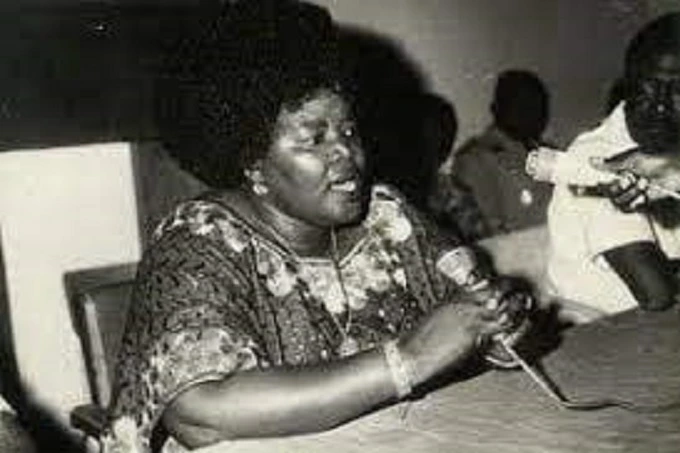
Elisabeth Domitien is a controversial figure: on the one hand, she fought for the expansion of women’s rights in the Central African Republic, and on the other, she headed the government of the dictator Jean-Bedel Bokassa.
The future prime minister grew up in a farmer and postman family. As a child, she attended a Catholic school, where the emphasis on teaching was on practical skills – sewing and cooking. Elizabeth decided to follow in her mother’s footsteps, took up farming, and quickly succeeded.
Domitien’s political career began at the age of 20 when she joined the Movement for the Social Evolution of Black Africa (MESAN), the only party allowed in the country then. Elizabeth became known as a skilled orator and head of the movement’s women’s section.
In 1965, she supported the military coup of Jean-Bedel Bokassa, who has been called one of the most eccentric dictators in history. In 1972, Elizabeth became the party’s deputy head (that is, Bokassa himself), and three years later, the dictator appointed her prime minister.
Bokassa soon proclaimed himself emperor, which Domitien publicly denounced. Then in 1976, Bokassa fired Domitien and dismissed her cabinet. When the Bokassa regime fell in 1979, Domitien was accused of covering up the dictator’s crimes. She spent several months in prison and never again entered politics.


